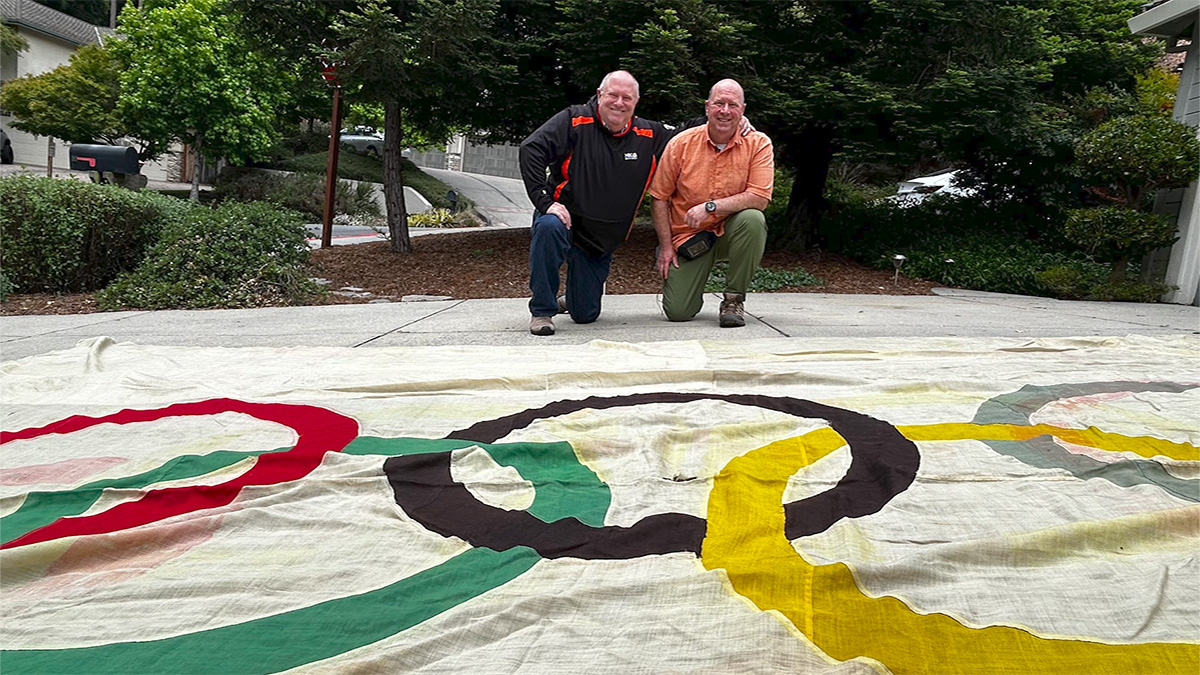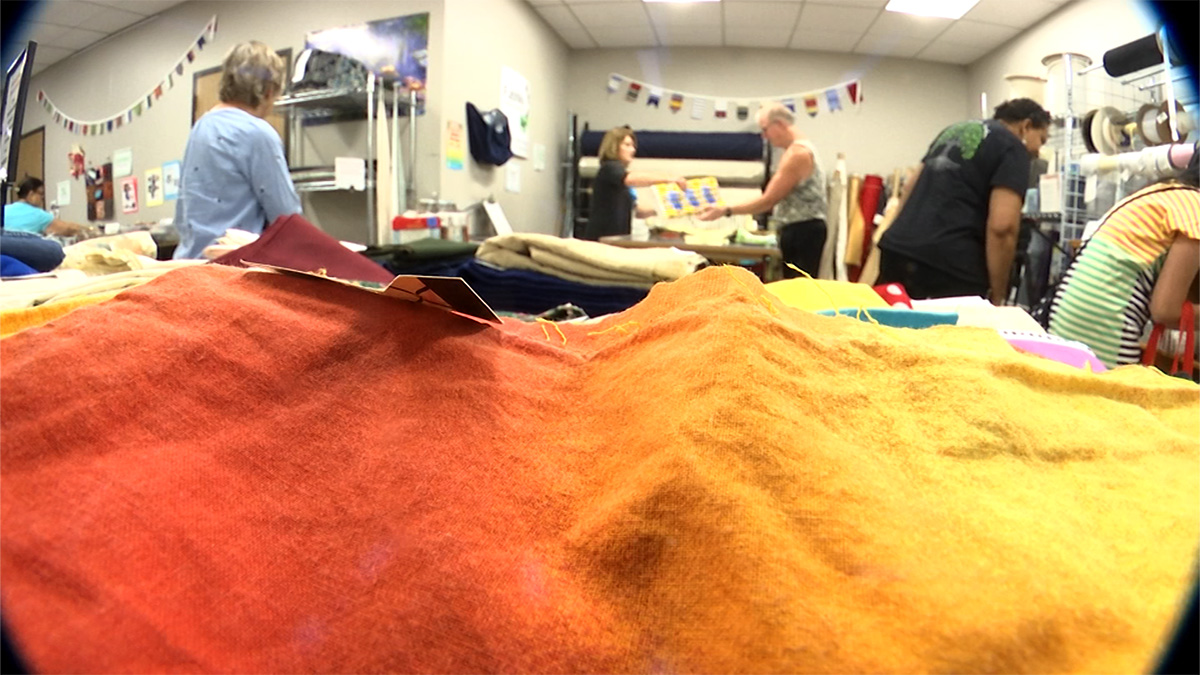For Danville father Allen Rush, this year’s commencement exercise at Santa Clara University was about celebrating the end of an academic journey and hope for new beginnings.
Earlier this month, Rush received his doctorate degree in electrical and computer engineering from the university. It culminated an academic journey he began 14 years ago, the same time his daughter, Jacqueline, started her freshman year at the University of San Diego.
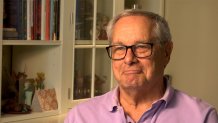
“She was a great kid. She got into lots of things. She loved soccer. She loved playing the piano,” Rush said.
Both of their education journeys, however, were altered when Jacqueline was diagnosed with colon cancer due to an inherited genetic mutation called Lynch Syndrome.
In spite of the devastating diagnosis and grueling chemotherapy treatments, Jacqueline persisted with her studies and earned dual degrees in marketing and Spanish.

“The kind of strength that that takes, I just can't imagine. And she wore a smile the whole way,” Rush said.
Tragically, Jacqueline passed away less than a year after graduation, leaving Rush and his wife Joan grappling with how to move forward with their lives.
“It would be easy for us to stop, right? It would be easy for us to say we're going to be living in our grief for the rest of our lives,” Rush said. “And to some extent, that's a little true, right? Every day we wake up with, you know, a big empty feeling.”
Get a weekly recap of the latest San Francisco Bay Area housing news. Sign up for NBC Bay Area’s Housing Deconstructed newsletter.
Yet, Jacqueline’s resilience throughout her battle with cancer inspired Rush to push through with his academic journey.
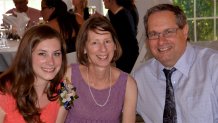
“When she did what she did under those conditions, I mean, that was motivation enough for me. That's all it took,” Rush said.
Rush focused his dissertation on artificial intelligence and its use in medicine, specifically how it may be used in the early detection of cancer, like those associated with Lynch Syndrome.
“There’s a growing sense that AI is going to help in the medical field substantially beyond where it is today,” Rush said.
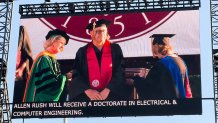
As he and Joan navigate life without Jacqueline, Rush hopes that his work could potentially help others.
“That's the strength that keeps us going. It's not our own grief, which is huge for sure, but if we can help somebody else avoid this,” Rush said.
The Rushes have also established a foundation in Jacqueline’s name to help raise awareness about Lynch Syndrome and promote research into it.

